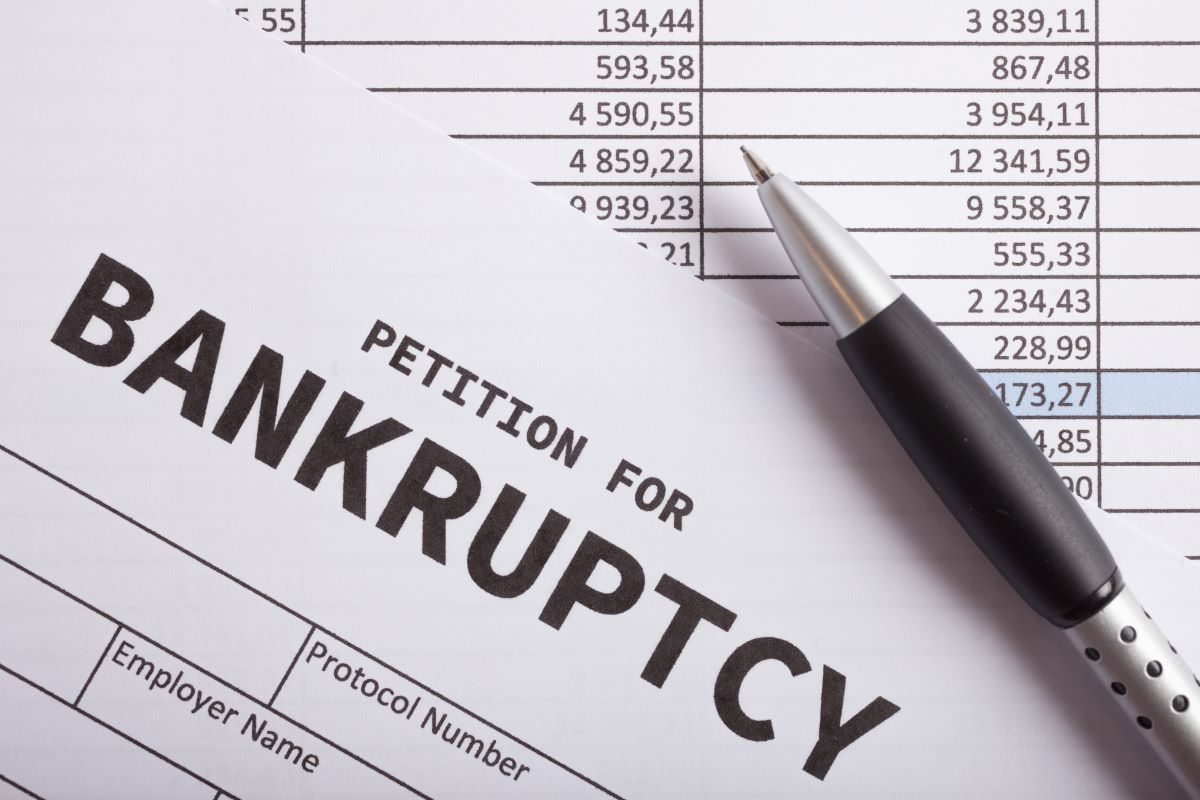Depending on who you talk to, some would say that our economy has recovered or improved since the recent recession. However, there are many individuals—in particular, homeowners—who are in financial difficulty and have no option but to file for bankruptcy. If you are going through the bankruptcy process, and you have an insurance claim pending, it is imperative you list or disclose the claim in the bankruptcy petition or amend if you have to. Here is the reason why.
In California and in most other jurisdictions, there is a legal doctrine called judicial estoppel. Several years ago my colleague, Shaun Marker, blogged about a case in Florida discussing judicial estoppel. This doctrine precludes one from taking inconsistent positions in legal or administrative proceedings and is designed to protect the integrity of the judicial process.1 The doctrine is applied when:
(1) the same party has taken two positions; (2) the positions were taken in judicial or quasi-judicial administrative proceedings; (3) the party was successful in asserting the first position (i.e., the tribunal adopted the position or accepted it as true); (4) the two positions are totally inconsistent; (5) the first position was not taken as a result of ignorance, fraud, or mistake.2
So how does this relate or apply to an insurance claim? In the bankruptcy concept, an insurance claim for policy benefits (e.g., property damage) is considered an asset because there is a prospect that the petitioner will receive compensation. All assets must be disclosed in bankruptcy. If the insurance claim is not disclosed and then the claim itself becomes the subject of a lawsuit against the insurance company because it was not resolved satisfactorily, the insurance company may invoke judicial estoppel as an affirmative defense to bar the lawsuit. Essentially, the argument is if the policyholder didn’t disclose the insurance claim in bankruptcy as required, then he or she should not be allowed to pursue a recovery on the claim in a separate lawsuit. I have worked on a matter where judicial estoppel was raised; however, because the insurance company could not prove all of the elements, the defense was not successful.
The takeaway from the above is homeowners or other policyholders in the middle of an insurance claim and also in a bankruptcy situation, must disclose the claim in the bankruptcy paperwork. Failing to do so may preclude one’s legal remedies against an insurance company should litigation be necessary to resolve a disputed claim.
1 Jackson v. County of Los Angeles (1997) 60 Cal. App. 4th 171, 181.
2 Id. at 183.





